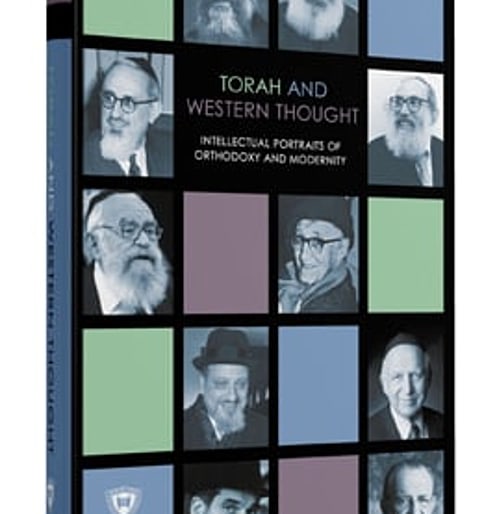Politics and the Pulpit: Should Rabbis Discuss Politics in Shul?
Knowing people take their politics so seriously, why would we want to risk limiting our ability to share the vibrancy of our Torah with as many Jews as possible?

Knowing people take their politics so seriously, why would we want to risk limiting our ability to share the vibrancy of our Torah with as many Jews as possible?

It’s been two years since Shani has had any contact with her younger sister. She noticed the distancing shortly after her mother passed away. First the unanswered phone calls. Then the two-word text responses and the bare bones, business tone e-mails. Then, nothing.

While Heda is one of a few Orthodox women to be board certified as a chaplain, she believes that chaplaincy is a place where Orthodox women can make a significant difference.

In this section, we define millennials as those born between 1982 and 2002. While we strive in the pages ahead to analyze the characteristics of millennials and how they impact Orthodox Jewish life, we are cognizant of the fact that the analyses are based on generalizations. The study of various generations is never an exact science and obviously, there will always be exceptions to the rule.

From my vantage point, there are three primary challenges. Firstly, it is becoming increasingly common on campus to consider any limitation on personal freedom and personal choice as immoral.
Not different. Immoral.
The difficulties in attracting millennials to traditional religious causes and practices, noted by both the literature and practitioners, by no means indicates that they are uninterested in God or spirituality.

But the young man was also terribly wrong. While the online community is real and significant, it cannot and must not ever replace the actual physical community. Not for millennials or for anyone else.
In the age of social media, it is also important to remember that one’s persona—and certainly one’s social media persona—may not necessarily reflect who one truly is.

The identity formed by this process played a crucial role in defining a person’s life goals—what kind of a person he saw himself becoming—and dictated his behavior. Identity gave meaning to life. However, this has changed.

“When I was a teenager, our rebbeim and youth leaders convinced us that the future of Yiddishkeit depended upon us, our learning, our teaching, our modeling and our outreach.” Rabbi Dr. Tzvi Hersh Weinreb, OU executive vice president, emeritus
Among millennials, aliyah makes sense when one considers the characteristics most associated with this population: innovative, optimistic and engaged.

The effect Rebbetzin had on her students, myself included, was subtle; she slowly chipped away at the crust of American teenagehood that encased so much of our souls.

Traveling on camelback through the hot sandy desert, across a landscape scarcely unchanged in 4,000 years, while listening to Eliezer’s narrative, it is easy to close your eyes and imagine yourself living in the time of the Patriarch himself, sitting in his tent, scouring the sandy hills in every direction for guests to partake of his hospitality.

This year, Sukkot takes place in the latter part of October, so unless you live in Australia, chances are the weather will be somewhat chilly. There’s nothing better than serving family and friends a big bowl of nourishing soup or some hearty chili to warm everyone up on those cool fall nights. These hearty, healthy, meat-free recipes are sure to please everyone at your Sukkot table, meat-eaters and vegetarians/vegans alike.

With school about to start, I’m getting anxious. He does okay with school lunch, but I don’t know what kind of snacks to send because now everything seems like junk food to me. Help!

We must take responsibility for the world in which we live, and universal concerns such as the eroding ozone layer and pollution are raised as well. God assured us that He would not destroy the world with a second flood, but we were not guaranteed that the world will not be destroyed by our own greed, carelessness or stupidity.

Though the editors seem bent on avoiding the term “Modern Orthodoxy” either in the title or anywhere else in the front matter, that is precisely what this book is about.

Finance, as an industry, has gained a reputation as a ruthless, amoral field where the only rule is to make money and the only law is to not get caught breaking the law. Every generalization like that has some truth to it, but paints with an exceedingly broad brush.
Misconception: One may not study kabbalah before reaching age forty.
Fact: The appropriate time to commence study of the esoteric dimension of Torah is largely determined by one’s level of Torah knowledge and spiritual development, not by one’s age.

No one spoke. We all moved as if we were underwater. And somehow, then we had to make Rosh Hashanah.
“When I told Mildred that she really didn’t have to do that, she responded, ‘Rabbi! I am not going to allow a young upstart like you to tell me how to prepare for Passover. I learned about chametz from Rabbi Rosenkrantz, and he was old enough to have been your grandfather!’”